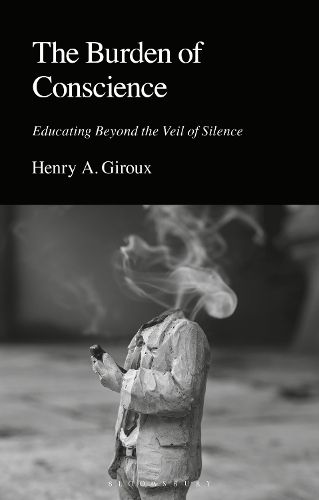In The Burden of Conscience, Giroux confronts the insidious rise of fascism infiltrating today's politics and education, alongside the suffocating silence that paralyzes our will to resist and speak truth to power. He decries the moral apathy in the face of the slaughter of children in Israel and the mass killing in Gaza, positioning this silence as part of a broader, ominous affliction of our age-the fusion of colonialism and neoliberal capitalism. He calls for a groundswell of resistance, urging a movement to reclaim education as a public good, where critical education becomes an expression of freedom, a crucible of literacy, liberation, and collective empowerment. Drawing on his own childhood, he intertwines the personal with the political, unearthing the complexities of class, whiteness, and race, showing that individual and collective actions must converge to dismantle oppressive systems. Finally, he argues that education is a powerful tool, giving us, in the words of Gayatri Chakravorty Spivak, 'the power to think the absent.' Only through this awakening can a critical public consciousness emerge, sparking a multiracial working-class movement capable of challenging entrenched systems of oppression and bringing about true social transformation and radical democracy.





